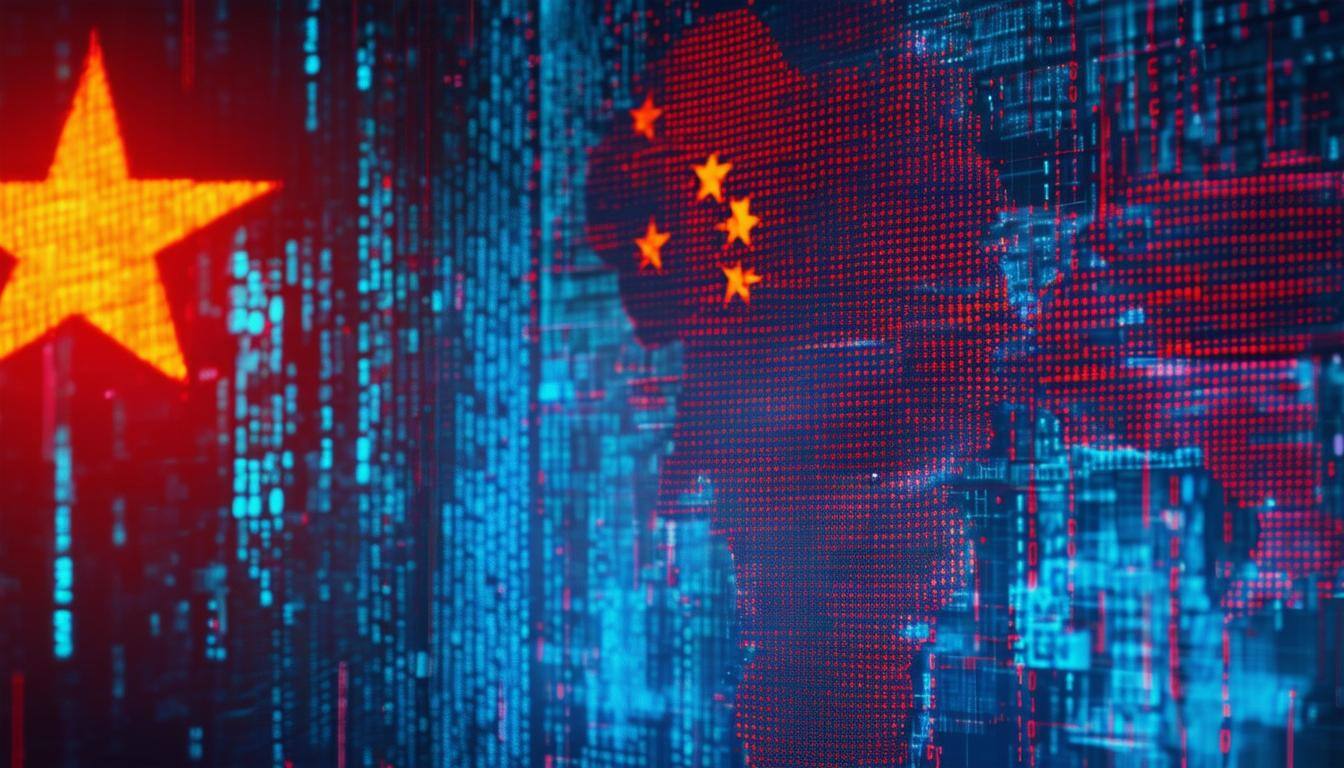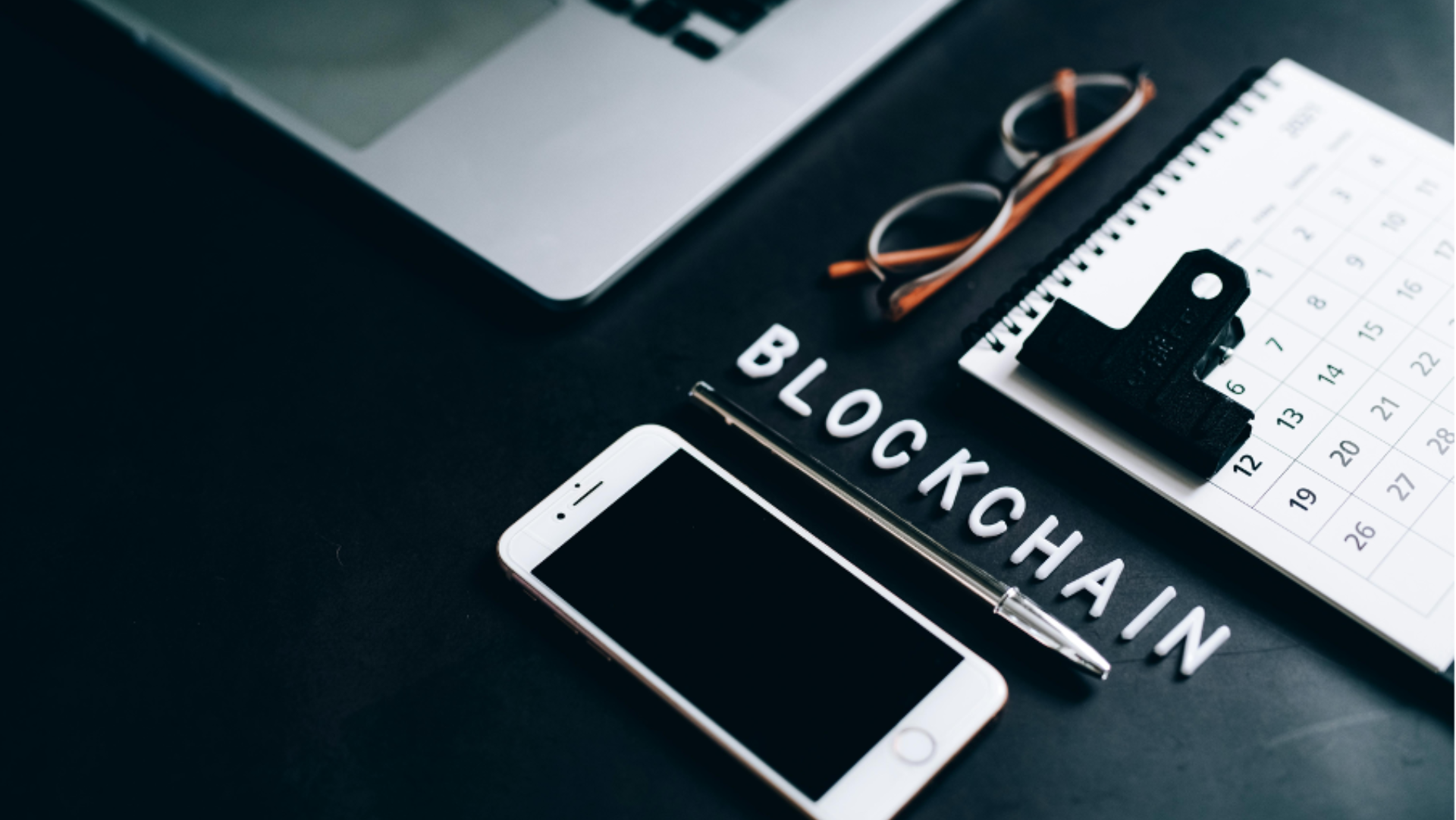TECHSPIRACY: When 'Lawful Access' Becomes an Invitation for Hackers
In a world increasingly connected through technology, privacy and security are top priorities for anyone using the internet—especially for American...
3 min read
 Chelsea Zimmerman
:
Sep 12, 2021 7:32:49 PM
Chelsea Zimmerman
:
Sep 12, 2021 7:32:49 PM
On July 26, 2021, PayPal announced a new partnership with the Anti-Defamation League (ADL) to “fight extremism and hate through the financial industry and across at-risk communities” (See official PayPal blog here). The goal of this partnership is to gather intelligence and data on how criminal and extremist organizations in the U.S. are being funded (and then get law enforcement involved, block them from using PayPal, etc.).
This is not the first social initiative PayPal has launched. In January 2020, they teamed up with the nonprofit Polaris to create the Financial Intelligence Unit (staffed through Polaris) to similarly investigate how money is transferred and laundered during human trafficking within the United States. Sara Crowe, director of Polaris’s Strategic Initiative on Financial Systems, said: “Thanks to our partnership with PayPal, anti-money laundering professionals will have more opportunity than ever to share information, identify new techniques to effectively zero-in on those who profit off of the exploitation of others, and provide actionable information to law enforcement. In doing so, we help bring accountability to those who financially benefit from trafficking and restore freedom to countless thousands of people around the world” (source).
This was PayPal’s big break into national social issues – but did this entry plant a seed for a monster?
I don’t think anyone can deny that fighting human trafficking is a critical endeavor that can use as many resources as possible. But what about PayPal’s next social issue – gun control? Just one month after its alliance with Polaris, PayPal announced its collaboration with the Center on Crime and Community Resilience at Northeastern University, in partnership with the University of Chicago Crime Lab and the ATF. The reason for this partnership: tracking the funding of illegal firearm sales.
Once again, this seems like a noble goal, but I have to ask why is PayPal funding this? Are they truly just a do-gooder company trying to solve all of America’s social issues one at a time, or is there an ulterior motive?
Head researcher Anthony Braga gives us a fiscal motive: “I am very concerned about the great harm generated by criminal misuse of firearms. Beyond the tragic loss of life and the long-lasting trauma to the victims’ loved ones, each murder costs some $8.6 million (according to RAND). If we could reduce criminal access to guns, it could produce large benefits to society” (quote source).
But could there be an even deeper, treacherous plan? If more gun control laws are put in place restricting law-abiding citizens from purchasing weapons, the research PayPal is currently conducting could monitor, track, and stop the newly “illegal” sale of firearms nationwide. My question is, is PayPal putting systems in place now to track and censor our activity in preparation for the Social State? On that line of thinking, even the research being done on human trafficking now looks sus. If Americans were no longer allowed to travel freely, they would have to turn to alternate ways of getting out of the country – like paying a coyote to traffic them. This is highly speculative, but someone’s gotta be thinking it.
This brings us to today’s news of PayPal and the ADL. This is by far the boldest social initiative PayPal has taken thus far. The research to track funding for hate groups and extremists has a very clear issue that should alarm every American: who decides what is hate and what is extreme?
In January 2021, Ira Glasser, former Executive Director of the American Civil Liberties Union (ACLU), told Joe Rogan, “When people say they want to ban hate speech, what they mean is they want to ban speech that they hate. But if you allowed something called ‘hate speech’ to be banned, then the only important question would be ‘who decides'?” (video).
Remember in November 2020 when Alexandria Ocasio-Cortez tweeted, “Is anyone archiving these Trump sycophants for when they try to downplay or deny their complicity in the future?” And then right after, Emily Abrams declared “We’re launching the Trump Accountability Project to make sure anyone who took a paycheck to help Trump undermine America is held responsible for what they did” (Tweet has since been deleted). This “list” of Trump supporters is considered by the radical left to be a group of extremists, and some even thought of as domestic terrorists. If AOC and Abrams were the ones to choose what hate speech and extremism are, Trump supporters would be part of that definition. However, if Trump was the one to choose the meaning of hate speech you can guarantee it would be different.
The point is ‘who decides’ is critical. Should PayPal and the Anti-Defamation League have such authority?
With this new partnership, PayPal can effectively stop online money transfers for those they deem to be ‘extreme’ or ‘hateful’. This makes it hard to do online banking, transfer funds, or sell a product or service. Regular, non-violent people could be restricted from these basic services simply because they wrote an offensive tweet or supported an organization that the PayPal Authority doesn’t agree with. For example, in 2018, PayPal cut off the payment processing for Alex Jones’s Infowars web store, citing the reason as the show’s “promotion of hate and discrimination.”
On the other hand, the CEO of the ADL, Jonathan Greenblatt, has shown his hypocrisy by running a Facebook boycott to “ban hate speech” with Al Sharpton, a MSNBC host who encouraged anti-Semitic hate and violence during the Crown Heights Riots in 1991.
There’s a huge (and I think likely) chance that people who support PayPal and the ADL partnership now will end up regretting it later. After all, “Censorship you like is always followed by censorship you don’t.” The people in power will always change, and with them so will the definitions of what is hate. Maybe you agree with the definition today, but it can change very quickly.
What do you think? Is PayPal the philanthropic leader the world needs, or are they using social issues to influence the position of big tech in America’s future?

In a world increasingly connected through technology, privacy and security are top priorities for anyone using the internet—especially for American...

Even though we have had rapid advancements and innovations in technology, several myths have persisted.

Blockchain technology is revolutionizing industries worldwide by providing a secure, transparent, and decentralized way to store and share data....